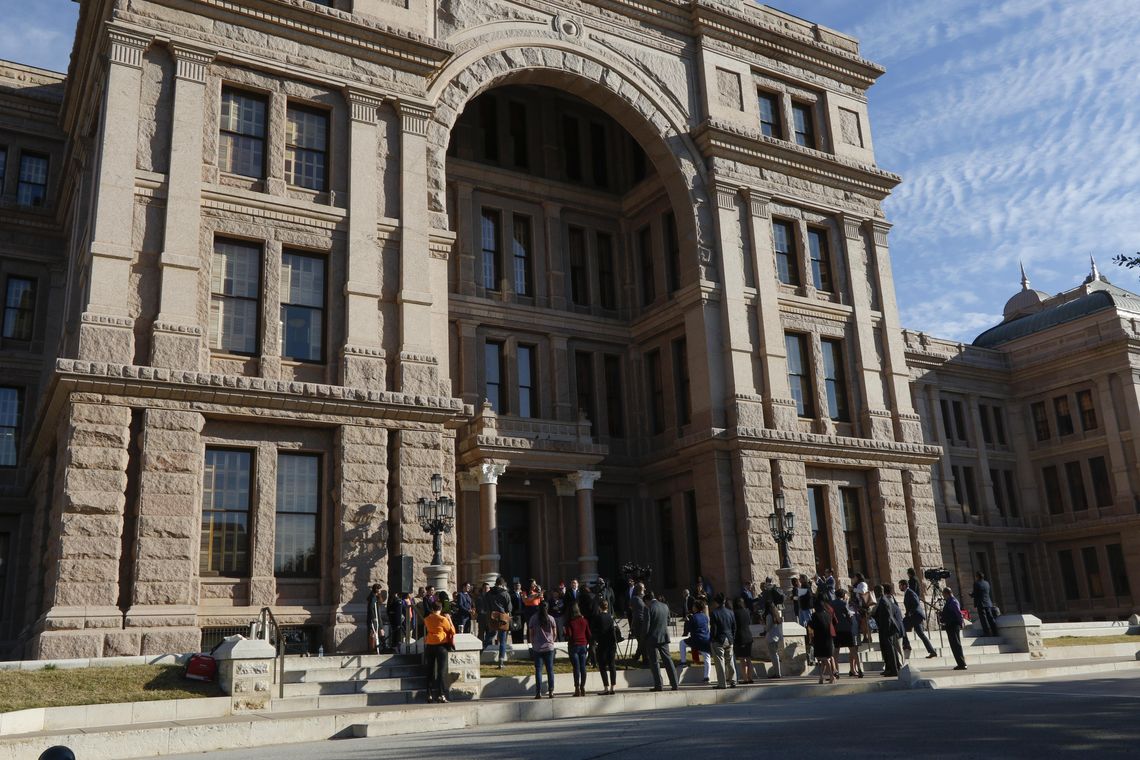State Rep. Erin Zwiener’s (D-Driftwood) Cannabis Decriminalization Bill passed through the House, while her local Infrastructure Bill has recently passed out of committee and her Student ID Voting Bill was just presented in committee.
House Bill 441 would lower the penalty for possession of one ounce or less of cannabis to a Class C misdemeanor to a fine of up to $500 with no possible jail time and no license suspension.
Under the current law, possession of two ounces or less of cannabis is a Class B misdemeanor and punishable by up to 180 days imprisonment, a fine of up to $2,000 and up to 180-day license suspension.







